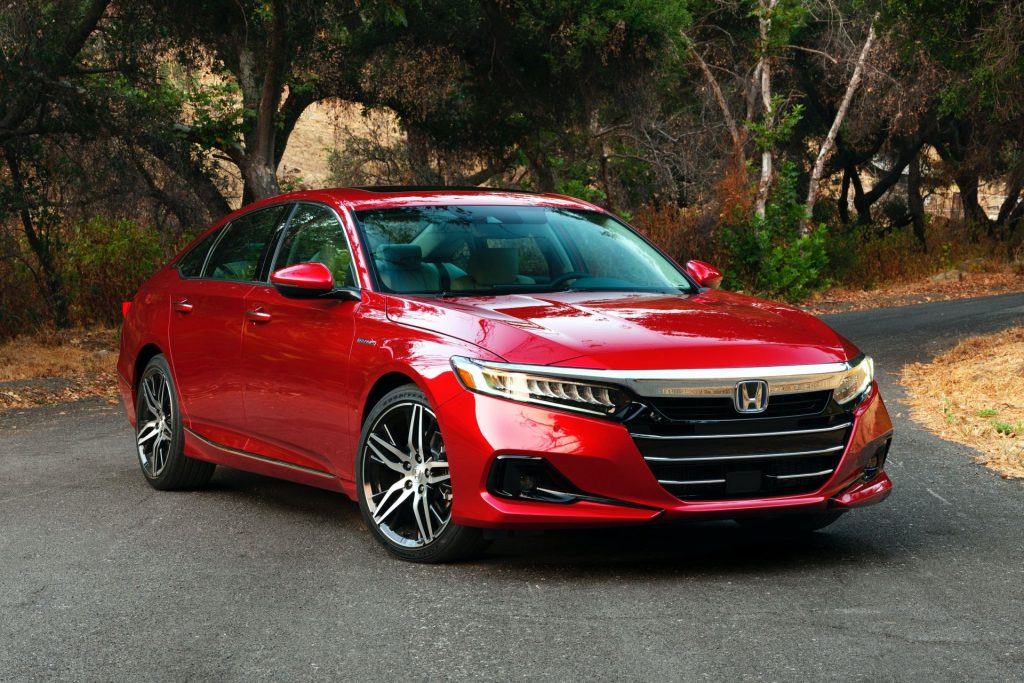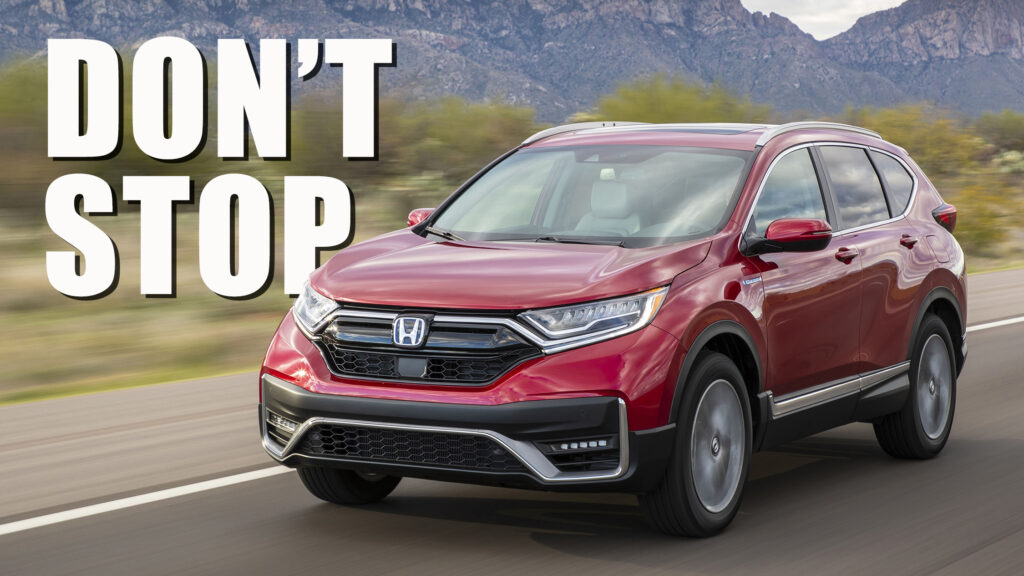- Honda owners report their cars’ automatic emergency braking systems are activating for no reason, leading to crashes and injuries.
- NHTSA has expanded probe to include 2020-2022 Honda CR-V and Accord and now totals almost 3 million cars.
- Original investigation in February 2022 looked at 1.7 million 2018-19 Accords and 2017-19 CR-Vs.
You’ve probably heard of Audi’s problems with unintended acceleration (later proven to to be bogus claims) back in the 1980s. Four decades later Honda is having the opposite problem. Its cars are reportedly performing emergency stops by themselves, and the NHTSA thinks the problem could now affect almost 3 million vehicles.
The regulator’s Office of Defects Investigation department first looked into the problem in February 2022 when it put the 2018-19 Accord and 2017-19 CR-V under the spotlight after owners reported that their cars’ automatic emergency braking systems would activate for no reason. The sudden unexpected deceleration caused dozens of crashes, some of which resulted in injuries.
Related: Honda Recalls 750k Cars With Airbags That Could Deploy With A Child In The Front Seat
But now the NHTSA has expanded the scope of its inquiry to include the 2020-2022 Honda CR-V and Accord, taking the number of potentially affected vehicles from 1.7 million to an estimated 2,997,604. The initial probe has been upgraded from a simple investigation to an “Engineering Analysis”, which means there’s still no recall at this stage, but that might change depending on what the NHTSA team uncovers.
The exact number of reports received relating to unintended braking is redacted in the ODI report, but it does disclose that some driver reported the problem occurring multiple times and that there are now a total of 47 crashes and 93 injuries involving cars with unique VINs.

Documentation from the ODI reveals that Honda had performed its own investigation into the alleged defect and concluded that some customers didn’t understand how the Collision Mitigation Braking System (CMBS) worked, or its limitations. Owners told the NHTSA that Honda dealerships were unable to reproduce the same problem and told them that what they’ve experienced was the normal operation of the CMBS.
If Honda is forced to recall the Accord and CR-V it’ll only be the latest in a string of return-to-dealer announcements. In February, both models, along with other Acura and Honda cars, were included in an airbag recall involving 750,000 vehicles, and in December Honda recalled 106,000 CR-Vs over a missing fuse.




